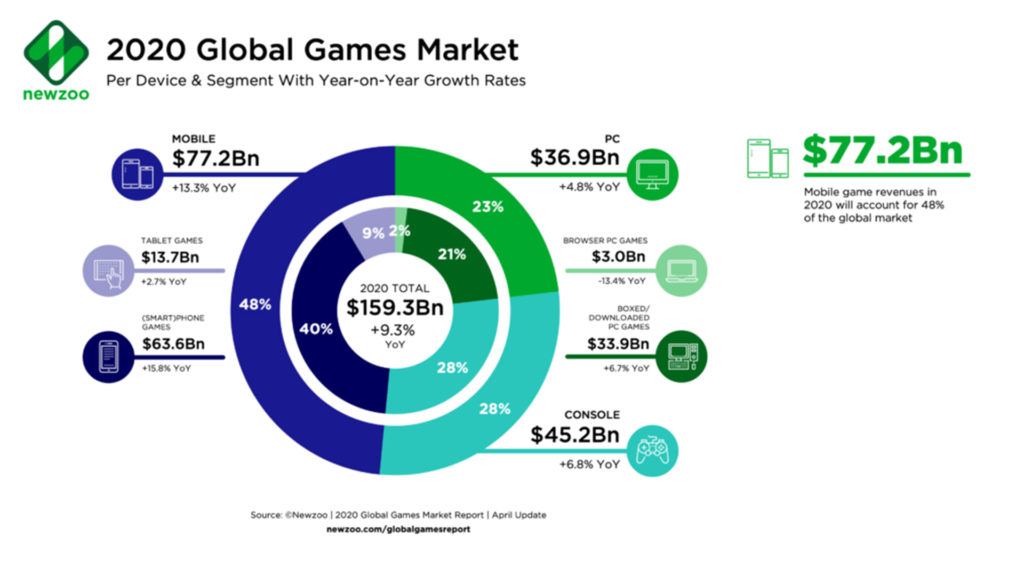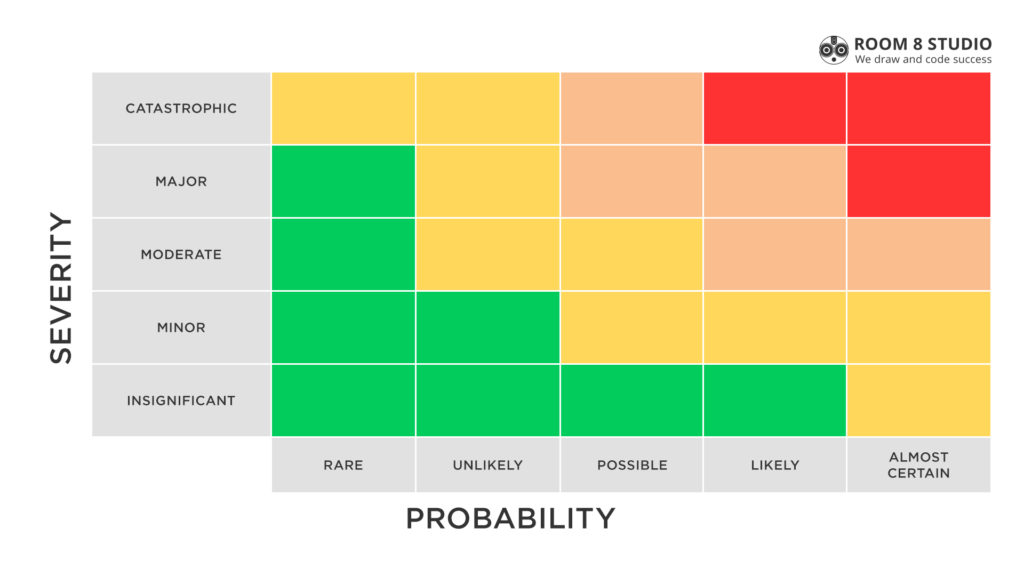5 key benefits of game development outsourcing
With the game market’s unstopping growth every year, more and more developers and publishers turn to external providers for end-to-end game development. According to the XDS report 2020, 97% of developers/publishers foresee growth in demand for external development. The top reasons for engaging external service providers in all areas of game development are the need to build more content and skills set ramp-up, both holding top positions for several years straight.
In this article, we invite you to review the core benefits for publishers and developers in engaging an external team.
- Outsourcing Of Game Development: Current Situation
- Advantages Of Game Development Outsourcing
- Our Experience
- Final Thoughts
Outsourcing Of Game Development: Current Situation
Our industry stands at a crossroads where the release of several new platforms meets emerging technologies and global changes to our daily lives. Publishers and developers face a new bevy of changes and challenges while still having to deliver high-quality content and fun for gamers around the world.
According to Newzoo, the world’s most trusted and quoted source for games market insights and analytics, all game segments saw an increase in engagement and revenues due to the COVID-19 measures, but mobile gaming saw the biggest increase. Mobile games will generate revenues of $77.2 billion in 2020, growing by +13.3% year on year.

In this thriving gaming world, game development outsourcing has become a must-have.
Advantages of Game Development Outsourcing
Given the strategic nature of the process, hiring an external development team for games isn’t something you wander into; it needs to be planned, implemented, and executed at the highest levels of management. So, before going all-in, what are the key benefits that one may achieve with the help of outsourcing?
Benefit 1: Finding A Partner With A Similar DNA
While a mobile game development partner may take full responsibility to engineer and deliver the necessary gaming experience to your player audience, it should be done in a manner that leverages your brand and conveys the original game idea. Along with game design and development, some vendors offer turnkey art production and art direction.
A portfolio of projects should give a pretty decent idea of whether you are a match with a potential vendor or not: for example, if you’re searching for a partner to build a match-3 puzzler, here’re some of our recent accomplishments and thoughts on the matter. Finding the right partner will probably bring you benefits over the years.
Benefit 2: Successful Timely Launch Of Games
Keeping up with a stressful release schedule can lead to crunch, burning out, and costly mistakes. What has become an industry standard is an Iterative approach with the project split into phases and milestones: and of course, this allows an external team to properly assess the progress and make necessary adjustments along the way. The plan is always made custom and may include such stages as market research, idea development, engineering, QA, and more what’s important, though, is that it always allows for some wiggle room to manage the risks and deliver the project on time.
Having a partner that commits to deadlines is very helpful to any developer in getting things done.
Tightening the communication loop with your external vendor is vital to receiving the final product you want.
Benefit 3: Building More Content And Features
Some mobile developers and publishers already have a portfolio of titles and are looking for a partner with fresh ideas. It may be a perfect option to build more content for the always-hungry mobile audience without tiring the creative muscle of your in-house team: get a pitch with an idea for any genre and platform from your vendor, choose, and keep the IP to yourself. The development team will be ready to jump on board and develop the game from scratch.
Benefit 4: Flexible Skill-set Ramp-up/Ramp-down
The list of critical skills game developers needs continues to change and arguably looks longer than ever. What stays the same on that list? Expertise and creativity. If you need someone to help you out with a specific production area but don’t need this expertise in-house – our advice would be to look for teams, not individual specialists. They share creative experiences; they have established processes, pipelines, and work habits. Moreover, they may be able to provide you with consultancy in rare areas of expertise.
Not sure about the project longevity, or even if the idea is worth it? In this case, it’s probably too risky to hire an in-house team just yet. But no worries: depending on the agreed business model, an external vendor will deliver a working prototype in time for you to test out the idea & mechanics.
Benefit 5: Cutting Risks Utilizing External Expertise
According to the research paper Risk Management in Video Game Development Projects, managers in game dev rely on prototyping, pre-production decision points, and agile approaches to contain risk in their projects. Among the risk factors mentioned, two are specific to the unique context of video game development. The risk of failing to match the development strategy to the project was identified as a major cause of problems during the development process. A new risk – the “fun factor” – was a key element threatening the success of the final game release.
External game studios spent much of their existence making games for other game developers and publishers as outsourcing contractors. That helps to engage their cross-genre experience in various tech stacks and development approaches, game design, and economy, contributing to mitigating “fun factor” risk and sticking to the game development plan.
Risk management heat map

Our Experience
We’ve seen developers and publishers of different caliber go from a one-time project to long-term cooperation. From a series of porting challenges with Annapurna Interactive – Donut County and What Remains of Edith Finch to long-term level design support for Ember Entertainment’s Meow Match and development & support of Playtika’s Cat Force after the game development.
More about game co-development & creative collaboration process:
- 3D Props For Control: Co-creative Experience With Remedy
- Creating The 3D Environment For Doctor Who: The Edge of Time
- Ashen on Switch and PS4: How to Succeed In Serial Porting
Final Thoughts
Mentioned benefits are not the only ones that drive creative collaboration between developers, publishers, and external studios. Cost savings and increased process efficiency seem to be contributing factors.



